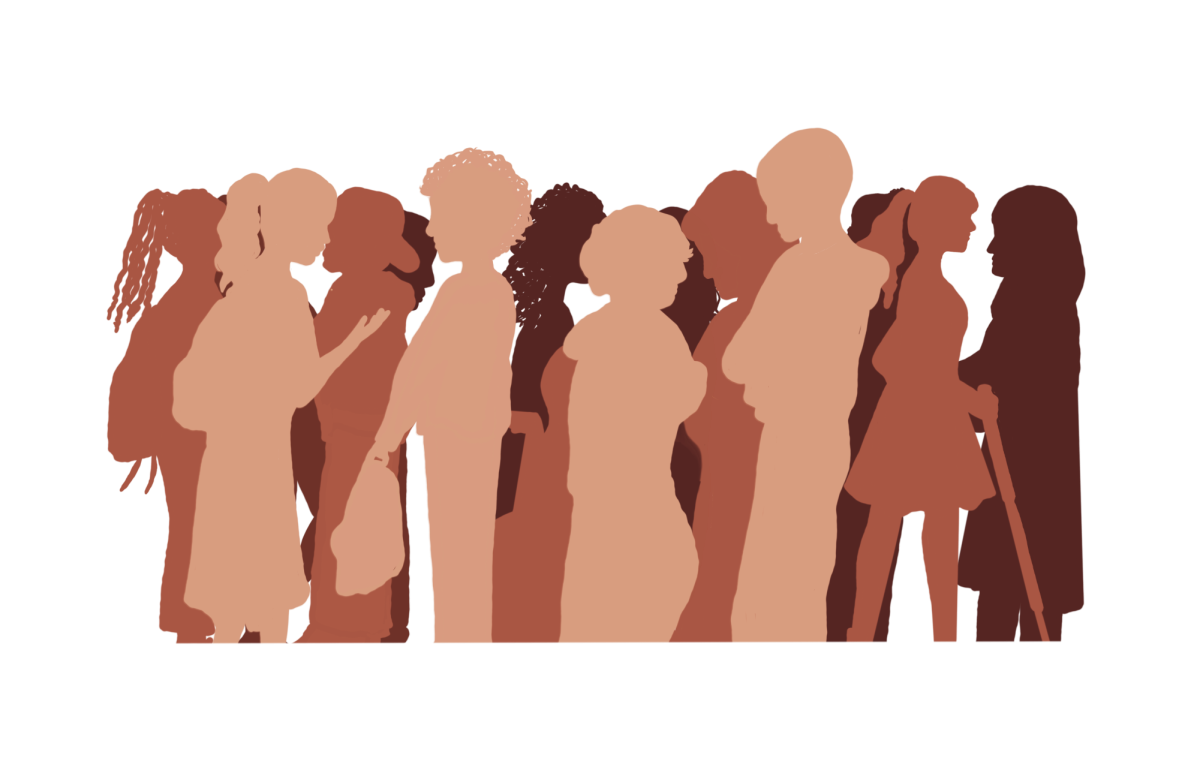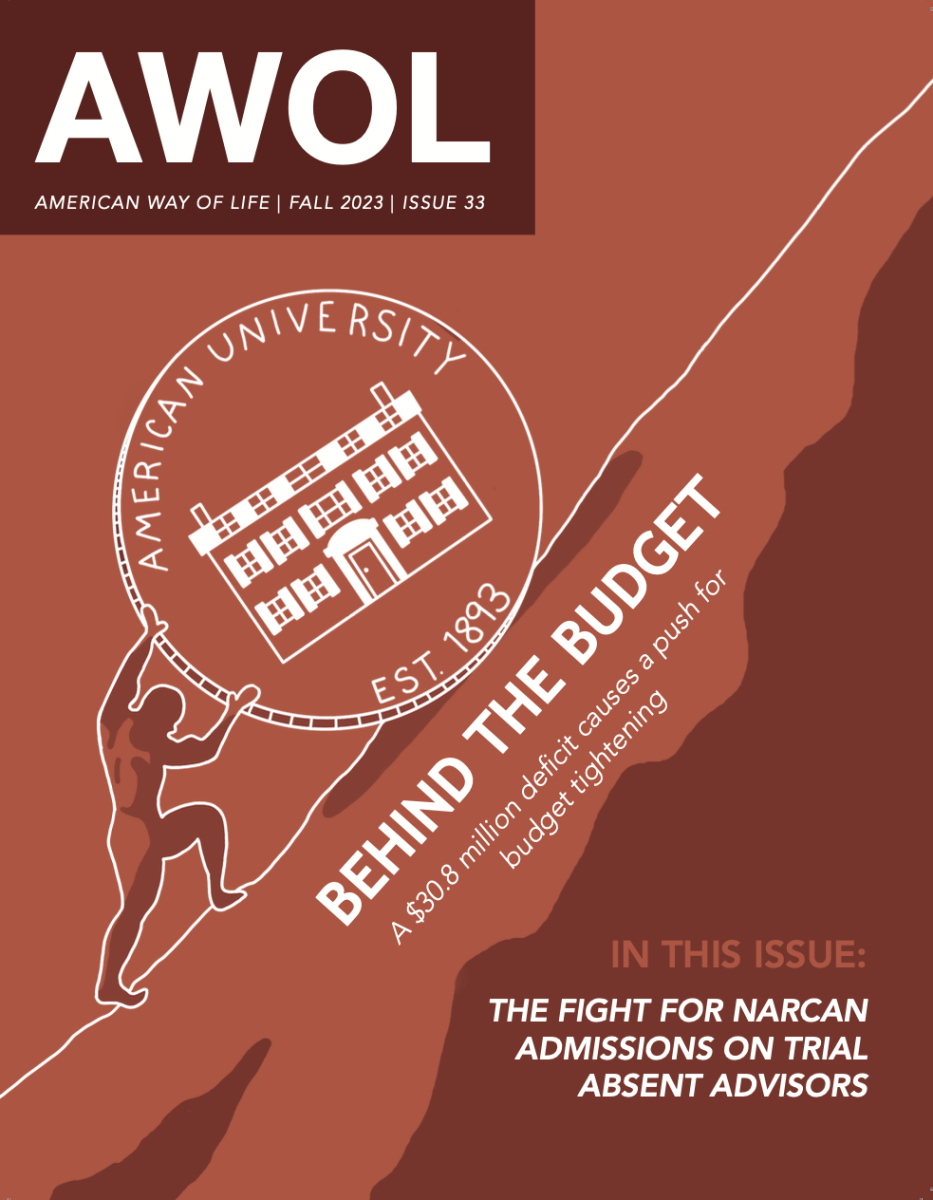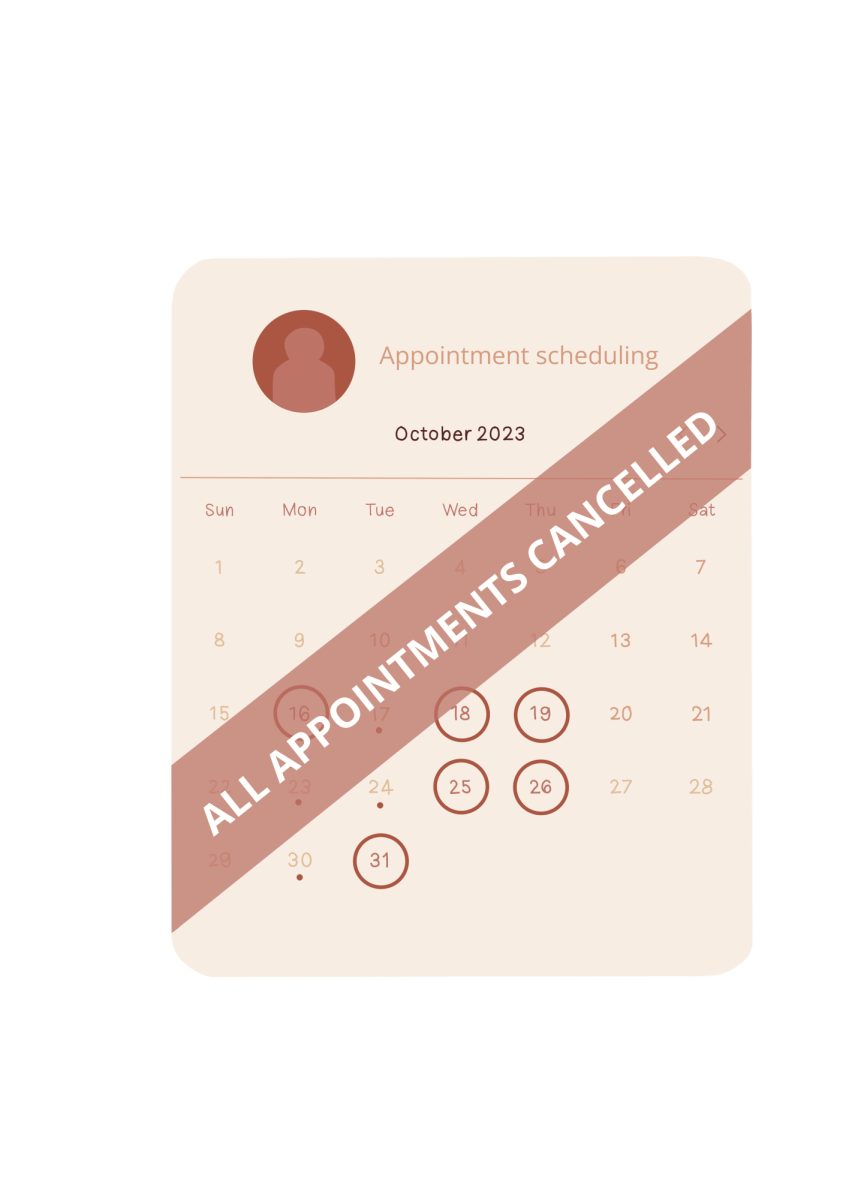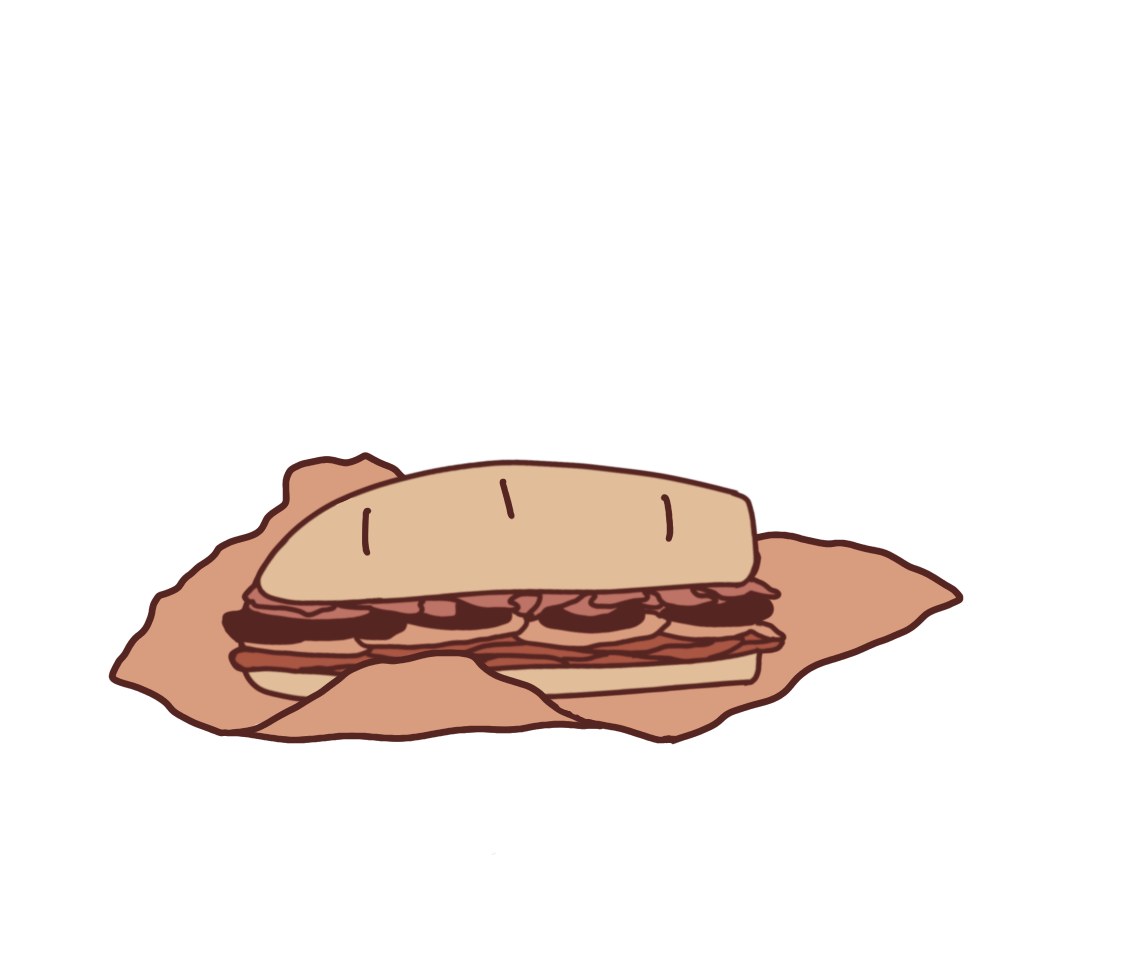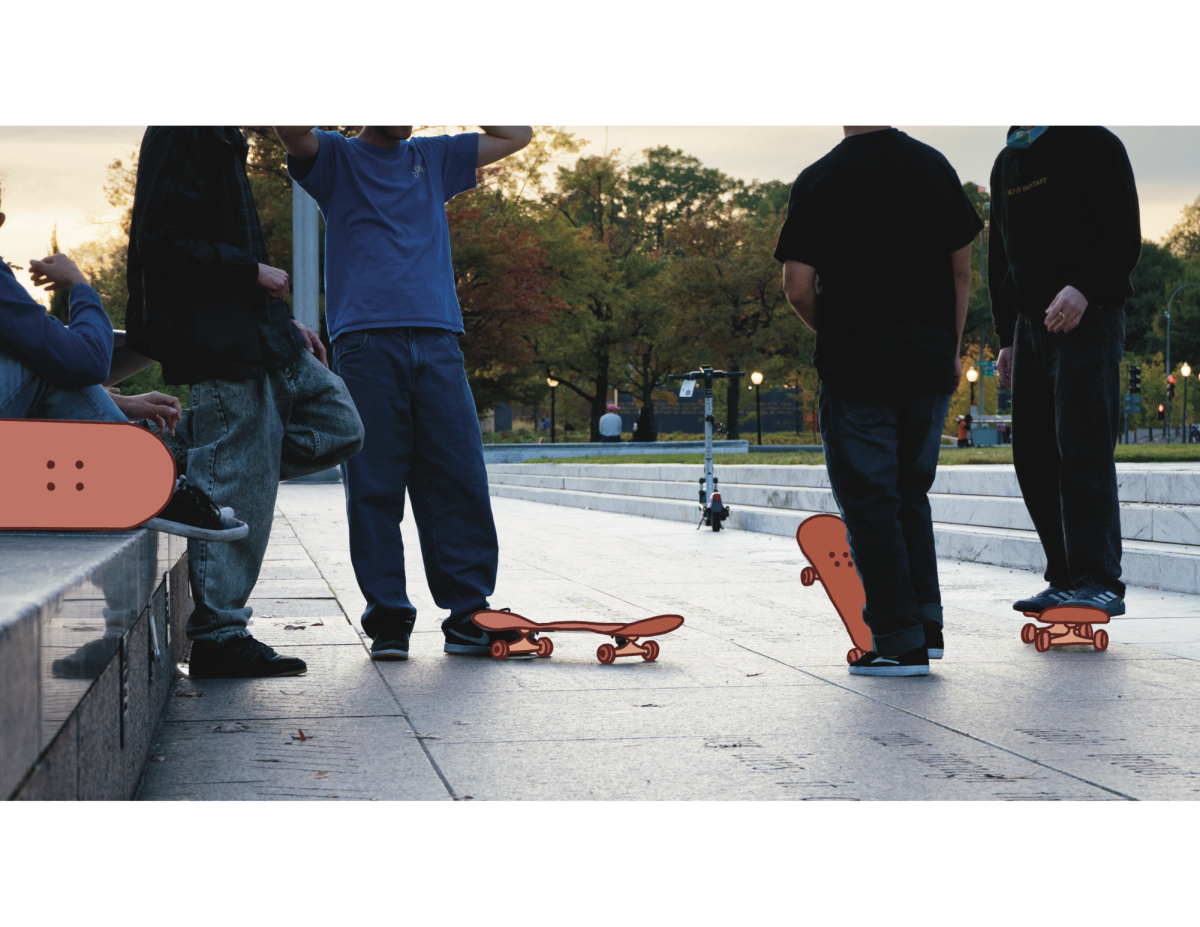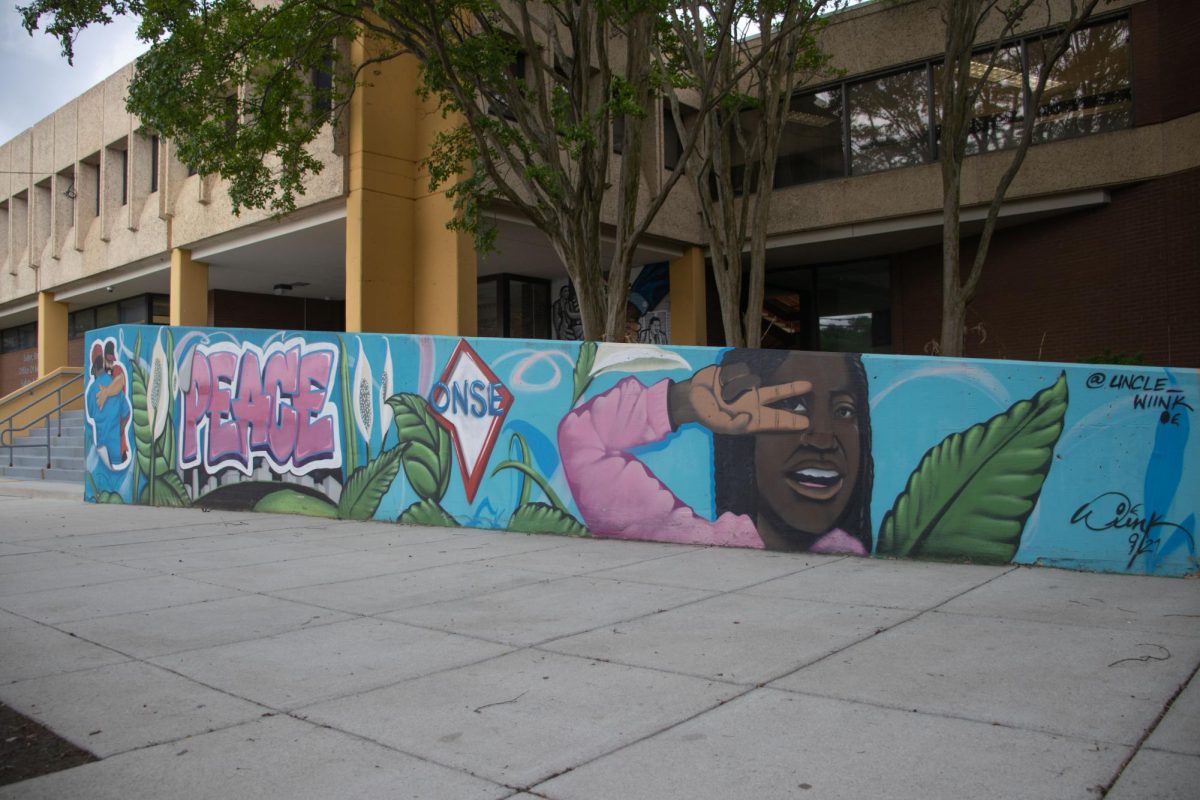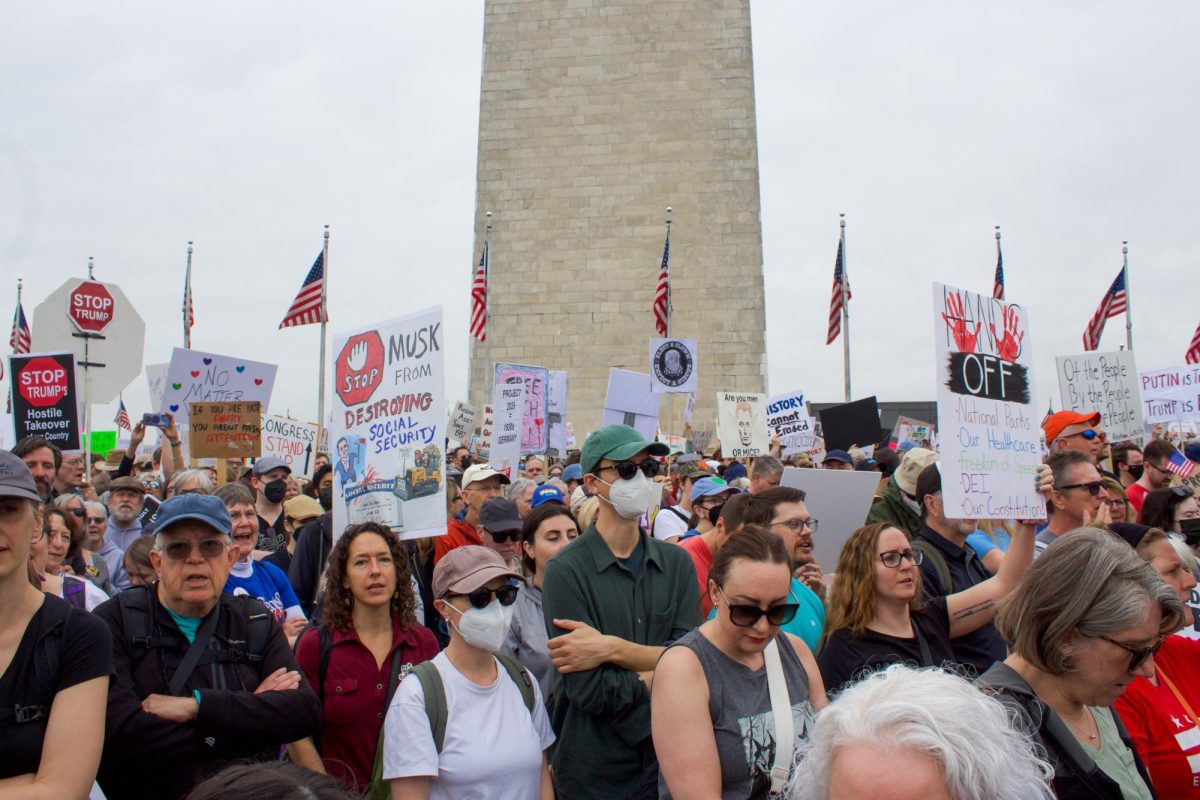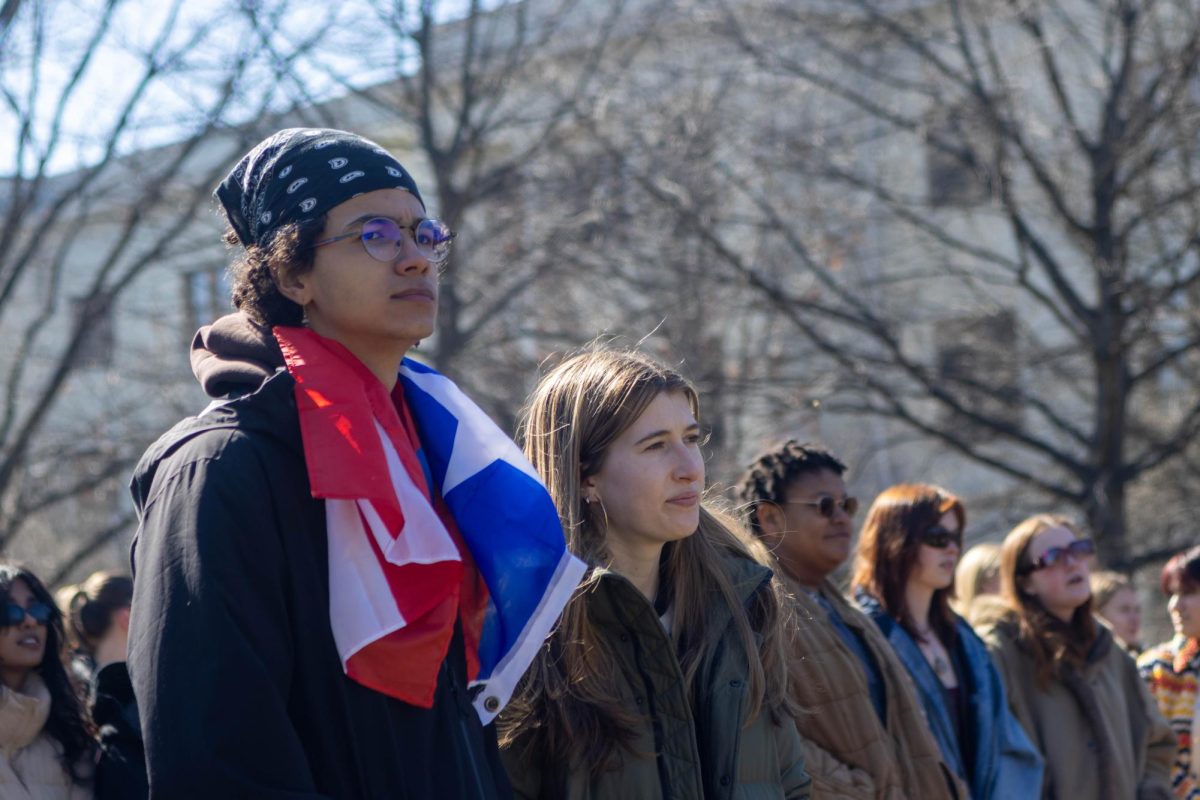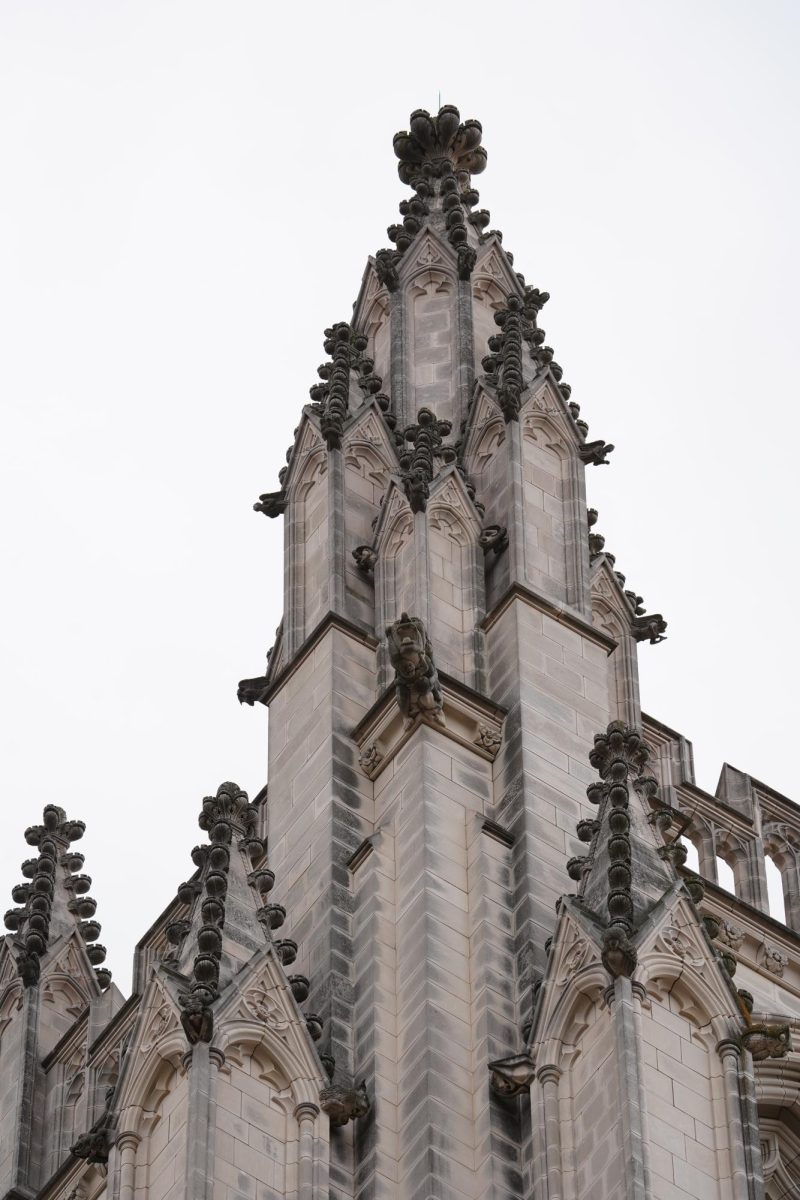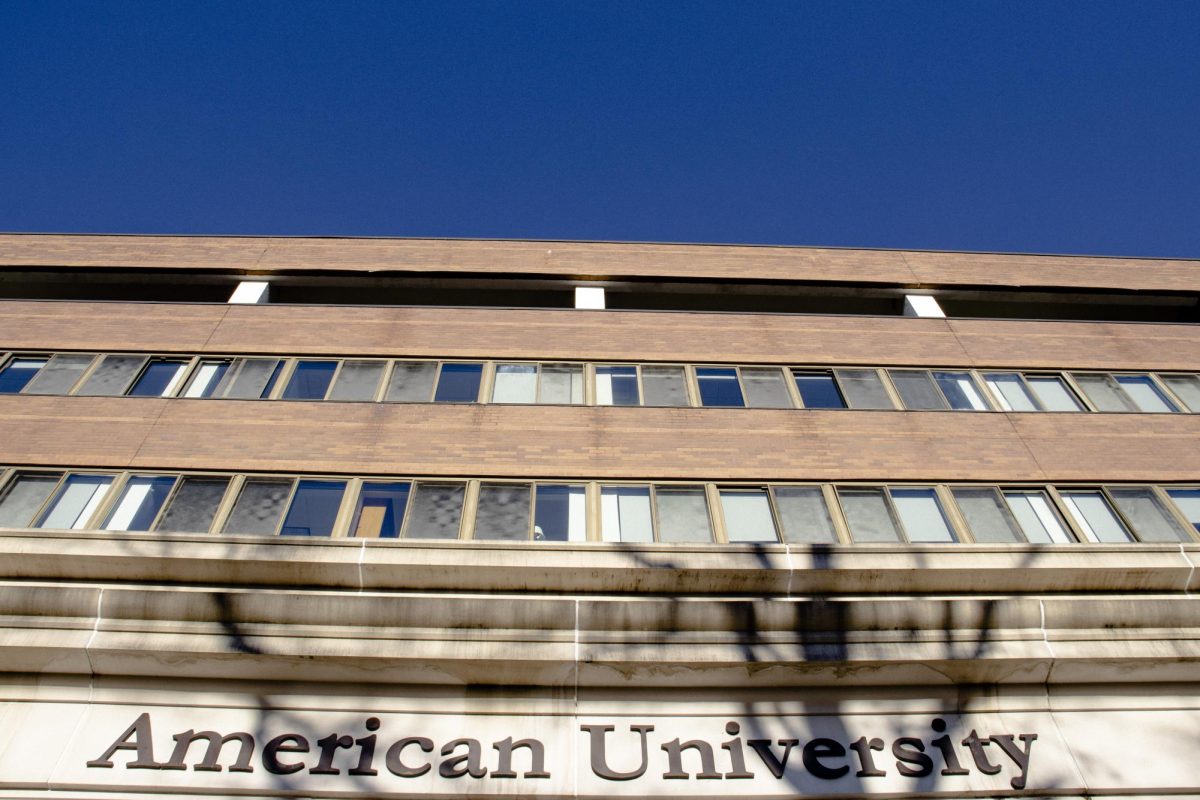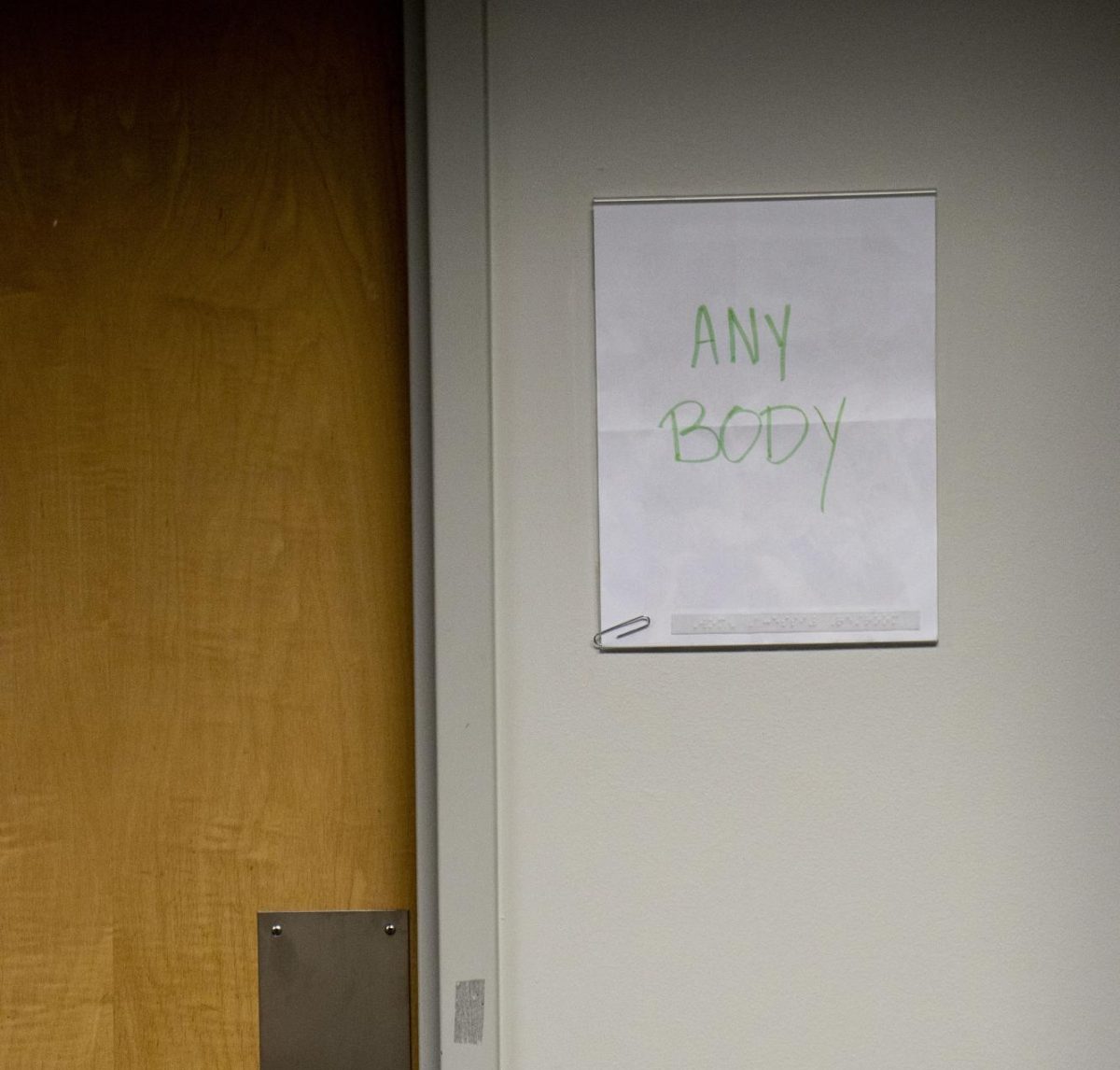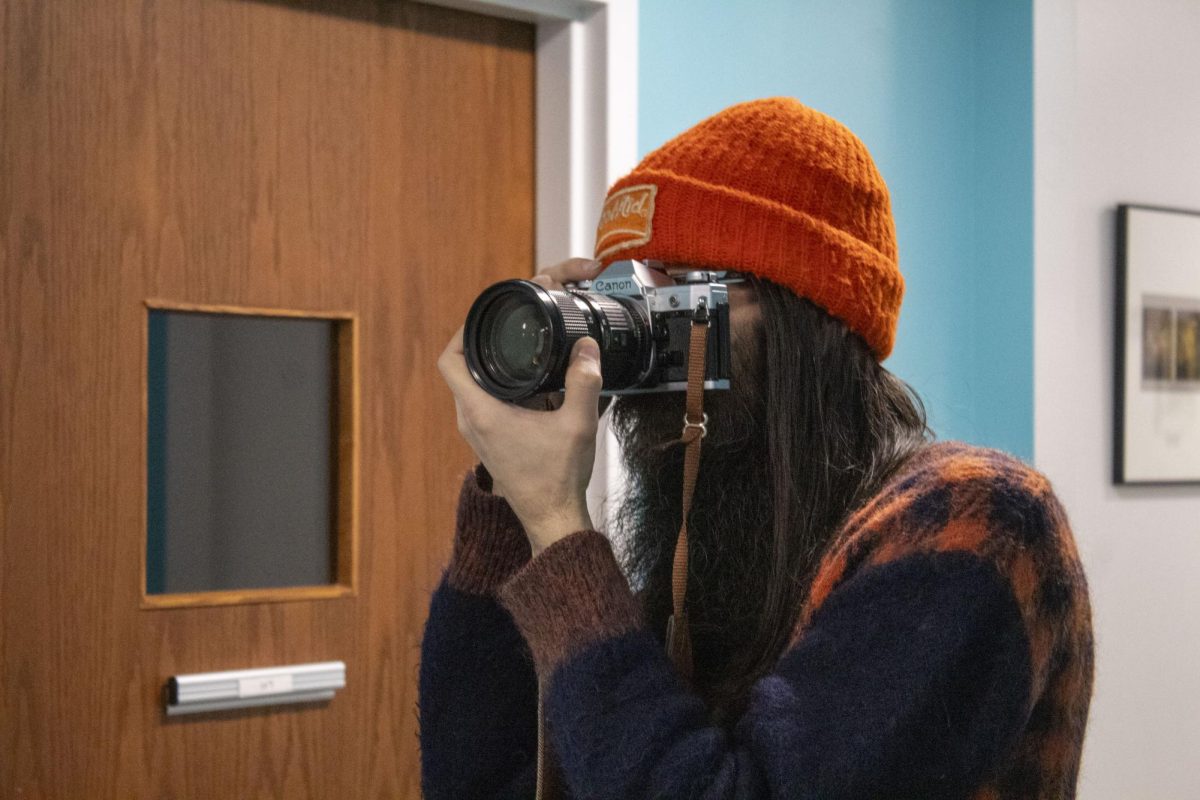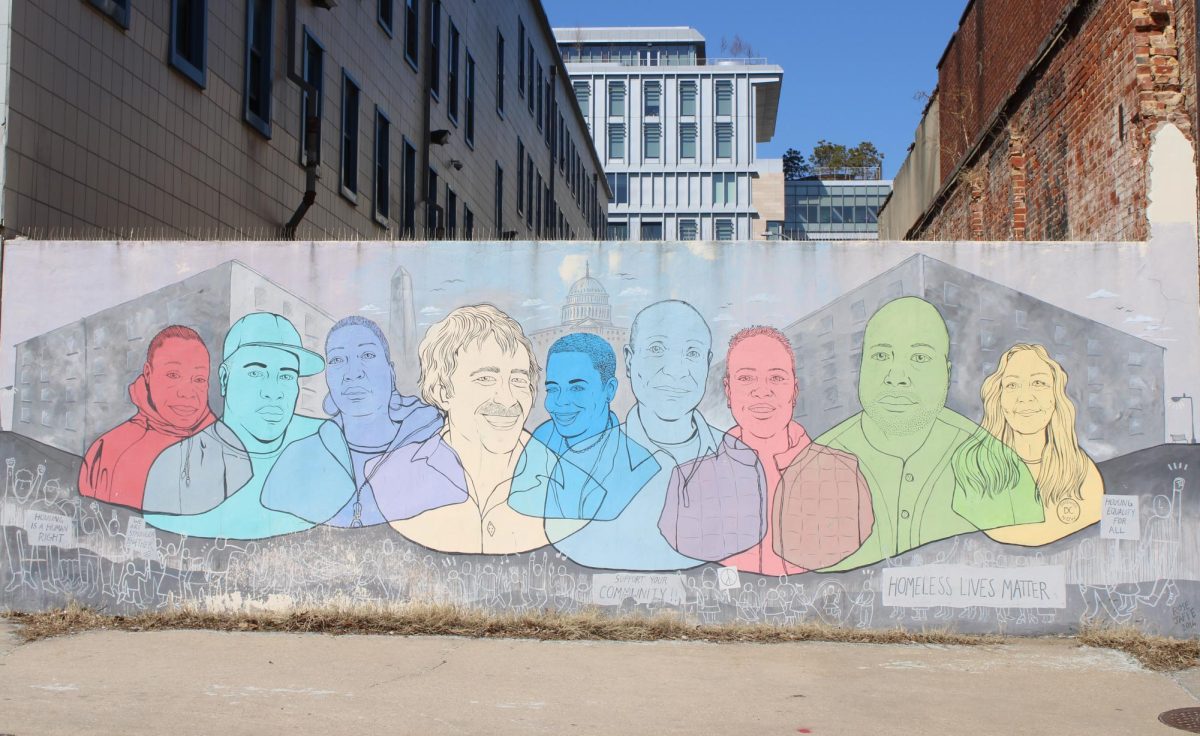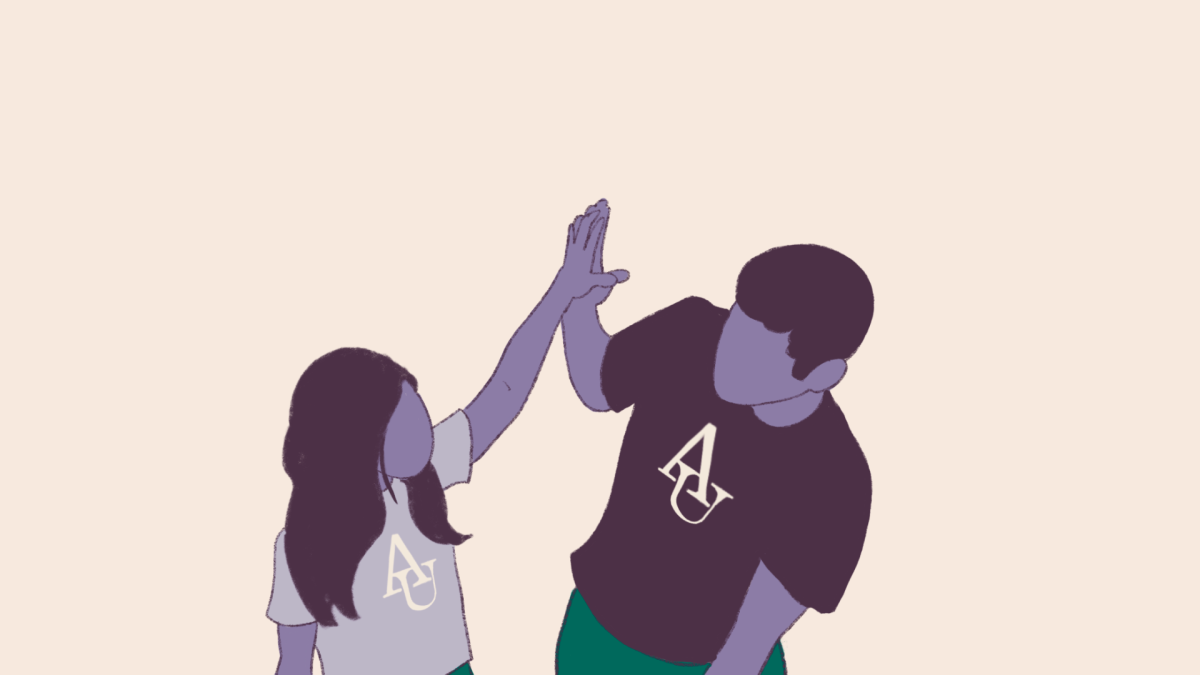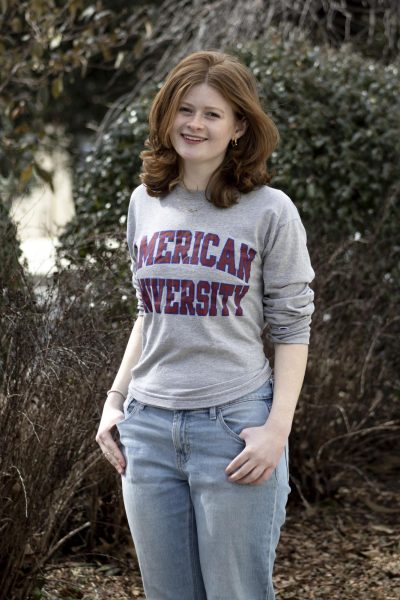When the Supreme Court banned affirmative action, colleges across the U.S. had to ask themselves one question: What comes next?
The Supreme Court overturned affirmative action on June 29 in a 6-3 decision when the nonprofit organization Students for Fair Admissions sued Harvard University and the University of North Carolina for allegedly unfair admissions processes through their use of affirmative action.
In its argument, Harvard College defined affirmative action as considering student backgrounds and characteristics, such as race, as a factor in admissions.
Lia Epperson, a professor of law at AU’s Washington College of Law, spoke at a September 2023 panel about what affirmative action means for American University. Epperson, a civil rights lawyer and legal expert, said former precedent had held that race consciousness could be one of several factors in a holistic admissions process.
“The court has, prior to this decision, held that the benefits that flow – the educational benefits that flow – from having a diverse student body are compelling,” Epperson said.
According to AU’s academic reference book, the university’s population is 51% white as of fall 2022.
“Teams across the university are engaging in extensive analysis to determine how to adhere to the law,” said Elizabeth Deal, assistant vice president for community and internal communication, in a comment to AWOL. “This work has included evaluating processes, training our teams and reviewing the public-facing information for our admissions and academic programming.”
Latinos En Acción Mentorship and Guidance Co-Director Sofia Rodriguez said that the diverse cultural clubs on campus are engaging for students of color.
“I think it makes it feel a lot more comforting,” Rodriguez said. “And, so, I guess my worry would be in the future that that comfort and that kind of community that we’ve all built within the coalitions kind of ends.”
AU College Democrats President Tyler Brown-Dewese said that diversity is essential to campus.
“It’s also good for the university to have a diverse perspective on different issues, because we’re not all gonna have the same stance on an issue,” Brown-Dewese said.
Sara Kaplan, executive director of AU’s Antiracist Research & Policy Center, spoke at the center’s September 2023 panel on affirmative action. Kaplan said that no race-blind, class-based admissions data brings proportionate levels of racial diversity.
New training is being developed for teams who review undergraduate, graduate and Washington College of Law admissions, AU President Sylvia Burwell said in a September 2023 email. This includes an optional essay question allowing students to discuss their perspectives.
Kaplan said she was concerned about the proposal of essay topics concerning experiences with race.
“We have now replaced the notion of diversity with the valorization of adversity,” Kaplan said.
Kaplan said there’s more work to be done regarding admissions as well.
“This struggle is actually not over, but is moving to a really new stage in thinking about what we have to do about educational access and equity,” Kaplan said.
In a June 2023 email, Burwell said the Supreme Court’s decision negatively impacted the AU community.
“Addressing these court decisions, and our actions, will always be grounded in our values and beliefs and supporting the members of our community to the greatest extent possible,” Burwell said. “Nothing in these decisions can or will change who we are as a community or the values we cherish.”
Epperson said that private colleges, such as AU, must comply with the court’s decision because most private colleges receive some form of federal funding. This decision doesn’t touch diversity programs,
scholarships or pipeline programs, but there will likely be challenges around these programs now, Epperson said.
Brown-Dewese said universities should try something different and reach out to more low-income students.
“Low-income areas, they’re all over the U.S.,” Brown-Dewese said. “So, go to them, speak to those students, try to find out the talent and potential there. Make the effort because my philosophy, really, is all people need is an opportunity.”
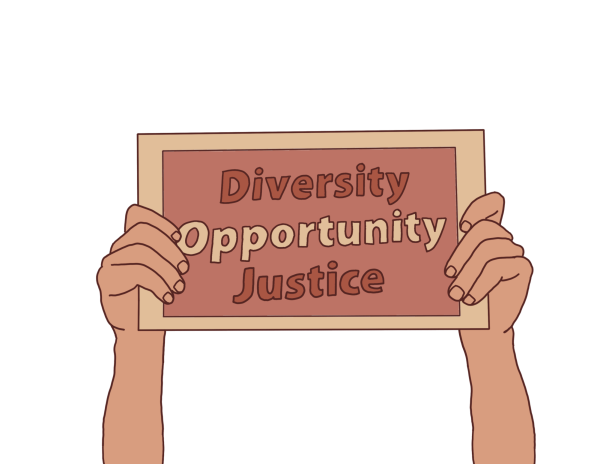
The lawsuit brought by Students for Fair Admissions Inc. that led to the Supreme Court ruling said affirmative action discriminates against both Asian and white students, giving them a lesser chance of being admitted.
In an August 2022 amicus brief responding to the lawsuit, various universities said that diversity increases teaching innovations and learning abilities and decreases prejudice. The brief said that repealing affirmative action would have a drastic resegregating impact. The percentage of Black students enrolled in college would drop from 7.1% of the student body to 2.1%, according to the brief.
Georgetown President John J. DeGioia said in a June 2023 statement that Georgetown is still committed to maintaining a diverse student body but that it would likely see a decrease in minority enrollment.
“Affirmative action was built on hope — the hope that we could be better in the future than we’ve been in the past,” DeGioia said. “Georgetown embraced this hope. Now, we will need to find new ways of restoring this hope.”
Georgetown public policy professor Harry J. Holzer said he expects only a moderate drop in minority enrollment.
“The dip might not be as large as some people fear, because I think the following is going to happen,” Holzer said. “I think universities are trying to figure out: How can they do this legally? How can they do it indirectly?”
AU College Republicans Vice President Johnny Szani said that one way schools can open up more opportunities is by removing SATs and legacy admissions.
“A lot of Ivies, especially our elite colleges in the South, have a history of only taking white people or disproportionately white people, right?” Szani said. “So if we remove this legacy admission, suddenly,
that opens us up to a whole different class and student body.”
According to a 2014 University of Washington study, the gap between white students and students of color on the SATs widened between 1992 and 2004. Holzer said that test scores are where Black students lag, so some schools may become test-optional to bridge that gap.
Holzer said that college exposes people to new perspectives and lifestyles, in which diversity plays a huge role.
“It expands people’s horizons, maybe it challenges some of their, sort of, racial stereotypes,” Holzer said. “I think there’s evidence to that. So there might be a little less of that.”
According to a 2010 University of Chicago study, there is expected to be a 2% drop in Black and Hispanic enrollment at all 4-year institutions after affirmative action is banned. The study found that there’s expected to be a 10% decline in minority representation at the most selective colleges.
Representatives from the Center for Diversity and Inclusion and the AU Admissions Office were not made available for interviews.
American University Internal Communication Manager Jasmine Pelaez sent AWOL a statement on the recent Supreme Court case.
“Since the Supreme Court decision on race-conscious admissions earlier this year, teams across the university are engaging in extensive analysis to determine how to adhere to the law,” Pelaez said.
“This work has included evaluating processes, training our teams, and reviewing the public-facing information for our admissions and academic programming,” Pelaez said. “As President Burwell noted in the September 15 community message, our commitment to building an inclusive, diverse, and vibrant community is foundational to AU’s values.”
In the Supreme Court case, building a diverse community on a college campus was a central point. Students for Fair Admissions claimed that Asian Americans were being discriminated against through affirmative action, but this isn’t true, Kaplan said. Instead, Kaplan said this decision would hurt them.
“With the end of affirmative action, the 20% of Asian Americans who are Southeast Asian – Kinai, Pinoy – who actually were benefiting from affirmative action, who often are newer immigrants, come from newer immigrant families, lower socioeconomic levels, are actually completely left out in this decision,” Kaplan said.
The AU Asian American Student Union said in a comment to AWOL that it condemns the use of the Asian American and Pacific Islander community as a scapegoat.
“These efforts unjustly attempt to paint the AAPI community as an enemy to other minority groups by claiming to ‘up-lift’ the AAPI community while oppressing the rights of other marginalized groups,” AASU said.
AASU also wrote that it would do its part to advocate for its community and uphold other community voices.
“The issue of diversity impacts all racial groups on campus and it is up to all of us to hold our institutions accountable,” AASU said.
AU College Democrats said in a June 2023 Instagram post that this decision emphasizes the importance of voting.
“We must take up our battle gear and push towards a just society which is equal for all people, not just the few,” the statement said. “Our strength is in our diversity and our unity in what is right.”
AU’s Black Student Union said it had no comment.
Rodriguez fears that there will be a loss of her community and culture on campus.
“I’m not super worried that they’re gonna go down without a fight, they’re gonna put up a fight,” Rodriguez said. “They’re gonna keep trying to make their presence known and that makes me hopeful for the future.”
Kaplan said racial data is still needed to protect against discrimination and that it’s crucial that students of color continue to apply to schools.
“This is not the moment to stop checking the box and this is not the moment to stop applying,” Kaplan said.


